Hyundai said it will temporarily refrain from passing on to consumers any additional tariff costs as part of a new “Customer Assurance” program. That could add up to thousands of dollars on a new vehicle as a result of the new tariffs enacted by President Donald Trump this week. But the program runs only through the beginning of June. Other automakers are weighing their own plans which, for VW means making it clear to buyers why they’ll soon pay more for their vehicles. Headlight.News has more.
The new tariffs announced by President Donald Trump on Wednesday create a crisis for automakers and auto buyers alike, with prices for the typical vehicle – whether imported or built domestically – expected to rise by thousands of dollars. Automakers need to decide whether to pass those tariff costs on to consumers, risking lower sales, or absorb them, hammering profits.
Several brands have already weighed in, Volkswagen expecting to take the hit to sales – while making it clear to shoppers why prices have gone up. Hyundai, on the other hand, will swallow the added costs, at least for now.
Meanwhile, the tariffs are already having an impact on jobs, though not by bringing back work to the U.S., as Trump had promised would happen.
Hyundai swallowing tariff costs
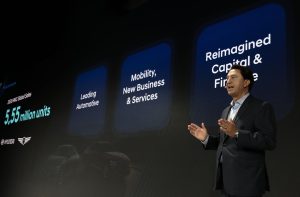
President and CEO Jose Munoz said the company will continue its history of “providing value” to its customers.
On Friday, Hyundai announced its new “Customer Assurance” program, advising potential customers they will see no increase in either lease or purchase prices, even on vehicles impacted by the new tariffs.
“At Hyundai, we have a long history of providing value and doing what’s right for our customers and communities,” José Muñoz, president and CEO, Hyundai Motor Co., said in a statement. “We know consumers are uncertain about the potential for rising prices and we want to provide them with some stability in the coming months.”
The program will continue only through June 2, however. And an analyst who spoke to Headlight.News on background said the actual impact on Hyundai itself may be modest. The automaker currently has a higher-than-normal level of inventory at dealer showrooms and factory lots and they will make up a good share of the automaker’s sales for the next couple months, he said. By June, however, Hyundai should start feeling the full bite of the tariffs on newly manufactured products, both imported and domestically sourced.
Ford’s factory pricing deal
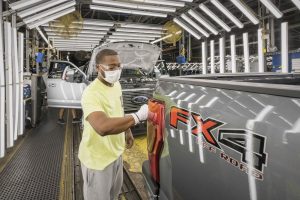
Ford is now offering employee pricing to all customers through June 2 as it looks to help consumers with the tariff-based price increases.
Ford quickly responded to Trump’s tariff announcement, Headlight.News earlier reported with a program offering employee pricing to all customers, under a program dubbed, “From America for America.” Ford manufacturers about 80% of its vehicles in the U.S., which means it won’t be hit as hard by tariffs as some competitors. But even those produced in the States will face tariffs on imported parts and components. Either way, the plan will not bar tariff-related price hikes – either for employees or retail customers.
The plan, also runs until June 2, and it covers basically Ford’s entire lineup — regardless of where the vehicle is built. Only its Super Duty pickups are not part of the discount plant. Ford is carrying plenty of inventory, reporting sales were down 1.3% in Q1, so this gives the automaker a chance to clear out some of dealer lots.
More Tariff News
- Mexican Auto Plants Keep Humming Despite Tariffs
- Trump Threatens to Punish Automakers Who Pass Tariff Costs Onto Customers
- Trump Announces Extensive New Tariff War – Auto Industry Could Be Hit Hard
VW’s transparent pricing

Volkswagen is implementing an “import fee” to deal with the 25% tariffs that will be applied to many of its vehicles.
Then there’s Volkswagen which wants customers to know precisely why prices will go up. As Michael Strong reported, Volkswagen will go ahead and tack on the increased costs from tariffs, but it won’t hide things, instead posting it on the Munroney, the window sticker found on all new vehicles. VW officials have told dealers, according to the Wall Street Journal, it will add an “import fee” to offset costs associated with the 25% tariffs.
“We want to be very transparent about navigating through this time of uncertainty,” the company told the Wall Street Journal.
Jobs going the wrong direction
The president made a number of bold promises during his “Liberation Day” announcement Wednesday, several of which clearly won’t come true in the near-term, it seems.
Trump said “You’re going to see prices going down, but going to go down specifically because they’re going to buy what we’re doing, incentivizing companies to — and even countries — companies to come into America.”
That isn’t the only thing he may have gotten wrong. Several analysts have told Headlight.News they expect to see jobs go away from, rather than come to, the U.S., at least in the short-term. That’s certainly the case with Stellantis which Thursday advised employees of 900 temporary job cuts.
Five plants in Michigan and Indiana will be impacted, those facilities producing parts and components used on one assembly line in Mexico, another in Canada, reported the Reuters news service.
In the letter, Antonio Filosa, Stellantis’ chief operating officer for the Americas, said the automaker is “continuing to assess the medium- and long-term effects of these tariffs on our operations, but also have decided to take some immediate actions.”
There have been warnings from several other manufacturers that jobs could be on the line if the new tariffs impact sales levels in the coming months.

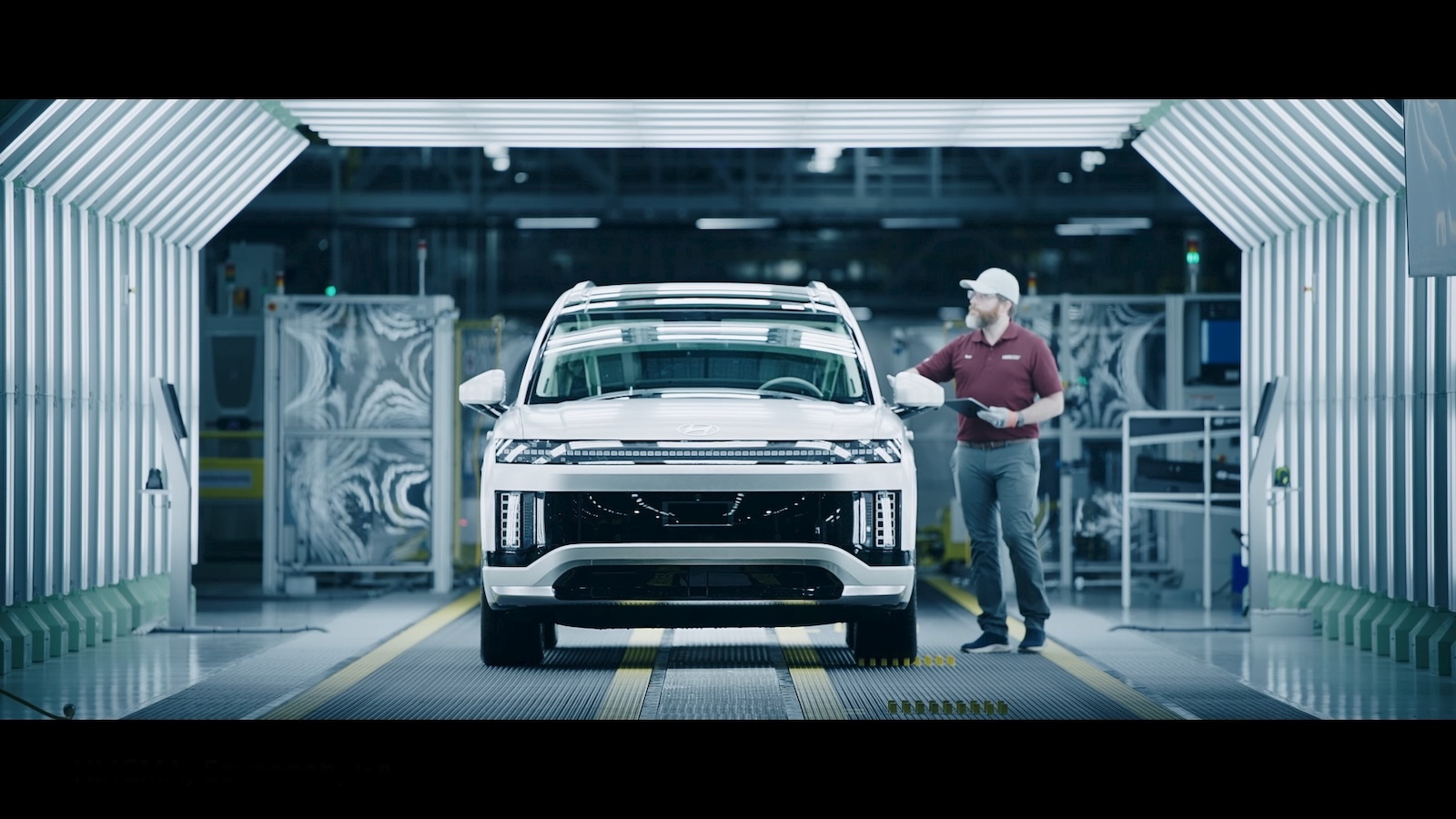
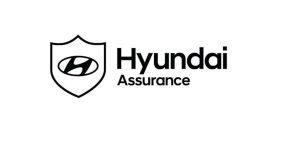
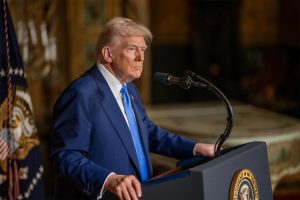
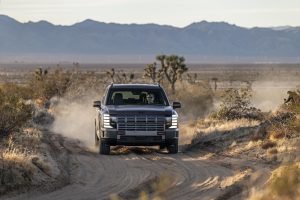

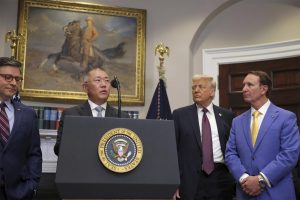
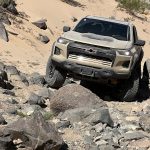
0 Comments